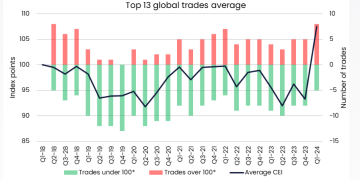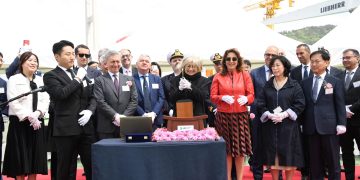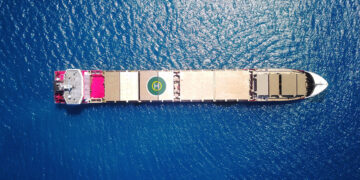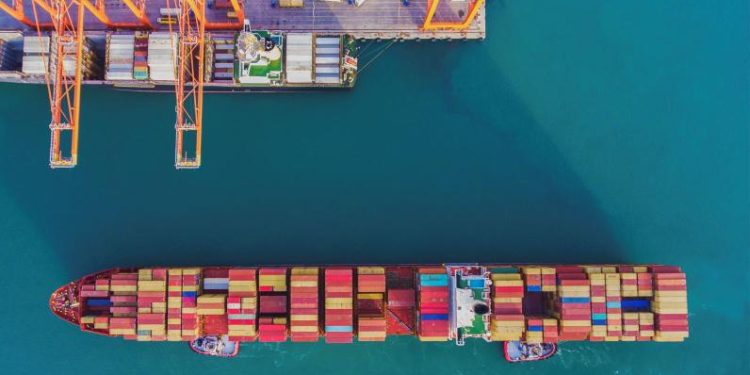DHL Global Forwarding announced that it has neutralized the carbon emissions of all less-than-container load (LCL) ocean freight shipments since January 2021.
DHL said that it is committed to make ocean freight sustainable and clean in line with Deutsche Post DHL Group’s “Mission 2050 – Zero Emissions”. For this reason, by using certified, sustainable marine fuels (SMF), DHL has reduced over 36,300 tons of Tank-to-Wheel CO2 emissions for all LCL ocean freight shipments port-to-port. In addition, 52,800 tons of C02 emissions (Well-to-Wheel) related to pick-up and delivery from and to the ports were compensated with offsetting over the last year.
Since the start of our decarbonizing process for all our LCL ocean freight shipments, we have been using sustainable marine fuels for 370,599 shipments
says Dominique von Orelli, Global Head of Ocean Freight at DHL Global Forwarding.
In addition, as part of its ESG strategy Deutsche Post DHL Group aims to achieve net-zero emissions by 2050 (“Mission 2050″), and strives for clean operations for climate protection.
[smlsubform prepend=”GET THE SAFETY4SEA IN YOUR INBOX!” showname=false emailtxt=”” emailholder=”Enter your email address” showsubmit=true submittxt=”Submit” jsthanks=false thankyou=”Thank you for subscribing to our mailing list”]
Moreover, DHL added that it is committed to providing sustainable logistic solutions and access to sustainable fuels that will decarbonize the entire logistic sector.
In fact, DHL’s GoGreen Plus service paves the way to transition to clean and sustainable ocean and air freight transportation. As part of GoGreen Plus, DHL’s customers are offered various solutions for minimizing logistics-related emissions and other environmental impacts along the entire supply chain.
Therefore, CO2 emissions are reduced in both air and ocean freight, and additionally, the remaining part of the supply chain is made climate neutral by full lifecycle emission compensation.





























































